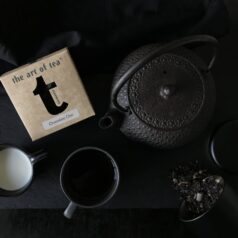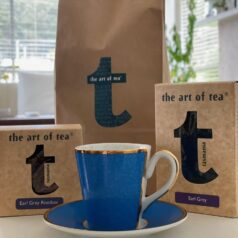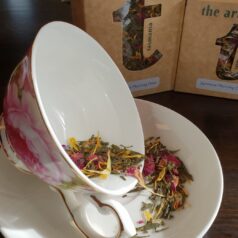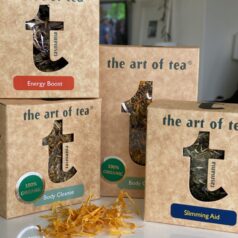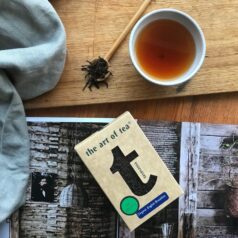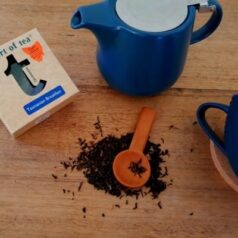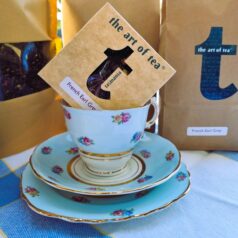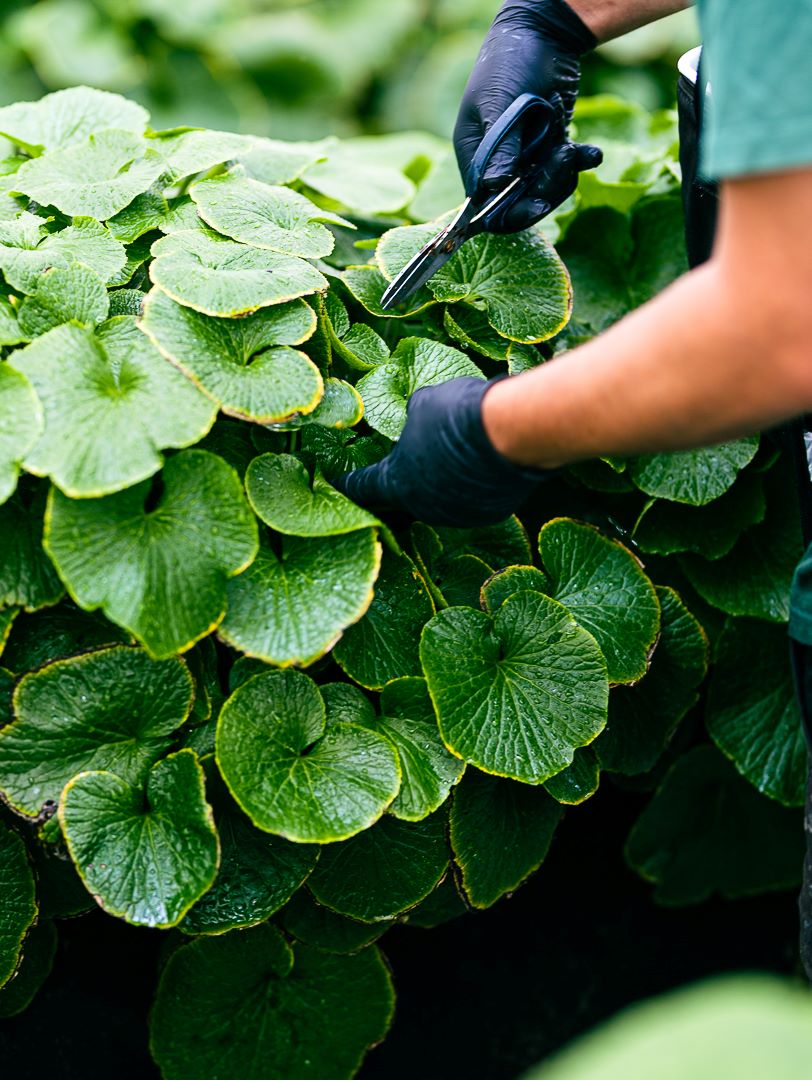Both black tea and chocolate offer a variety of health benefits that make them not just tasty, but also beneficial for our overall well-being. Black tea, is rich in antioxidants that can help protect our cells from damage caused by free radicals. It also contains caffeine, which can increase alertness and improve brain function. Studies have also suggested that drinking black tea may reduce the risk of heart disease and stroke, improve gut health, and even lower blood pressure.
Similarly, chocolate, particularly dark chocolate, is also rich in antioxidants and has been shown to reduce inflammation in the body. Consuming dark chocolate may help lower the risk of heart disease, improve brain function, and even enhance athletic performance. It’s important to note that these benefits are primarily associated with dark chocolate, which contains higher levels of cacao and less added sugar than milk chocolate or other varieties. Overall, adding black tea and dark chocolate to your diet in moderation can provide a range of health benefits while also satisfying your taste buds.
Amen.
Very Chocolatea
Choc Mintea
Chocolate Chai
Rooibos Chocolate Orange
Apple Taster pack promo









